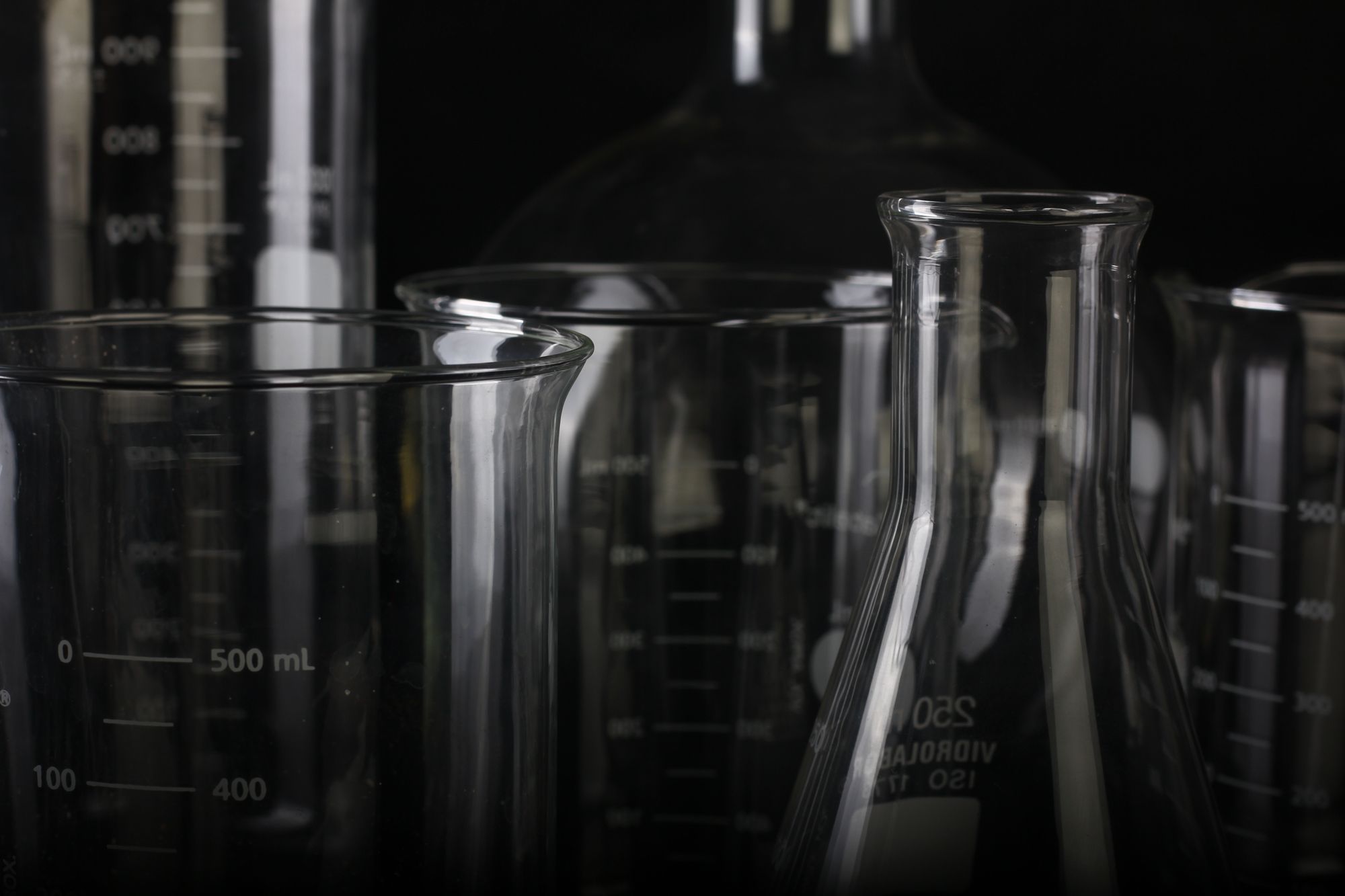We are surrounded by matters; some matters are visible others are not.
We and our bodies are made of matters.
In our daily activities we manipulate, measure and interact with all kinds of matters or substances.
Chemistry is the science related to the study and observation of matter that we find in our environment and interact with in our daily life; study of the interaction between matters themselves and interaction between matter and energy.
You are a chemistry student or you are simply interested by chemistry, or you are simply curious about things and phenomena that surround you and affect your daily life, this series of questions and problems is yours. It aims at helping you satisfy your curiosity about your environment.
If you are a parent or a teacher and you want your child or your students to be interested in learning chemistry or any related science subject, you must encourage them and help them to do this series of questions and problems in chemistry.
The first objective of this series is to help the reader to do an assessment of his/her scientific, particularly chemistry, background knowledge.
The second objective is to show, by observations and explanations of natural or non-natural phenomena, simple facts and objects that we see every day. How those facts, objects and phenomena are related to science, particularly to chemistry.
The third objective is to show the relationship between science, particularly chemistry, and our daily life
Chemistry founders like the French chemist Antoine Lavoisier, who is called the father of chemistry, didn’t have pre-existing theories and principles to help them in understanding and solving their problems. But in trying to understand and solve the problems they had in hand, through reasoning/thinking and experimenting, they discovered the theories and principles that support modern chemistry. To date, new theories and principles are discovered through research works aimed at finding a theory to an existing unsolved problem or phenomenon. This process is the opposite of what we have in most of our classrooms, where students are dictated and explained the scientific theory or principle, then they are invited to carry out experiment (when possible) to support or prove the theory and principle.
The methodology or approach adopted in this series of questions and problems is a practical one of problem-solving and reasoning; it tries to imitate the founders of chemistry.
An observation of a natural or non-natural phenomenon, a fact or experimental observations is given or stated, and a question (s) is (are) asked. The reader is expected to look into the problem or observation, analyze it and find a solution or answer through reasoning, using his/her scientific background, research and documentation, and even experimentation where feasible. Principles and theories related to the problem or phenomenon will be deduced from that work of observation, searching, documentation and experimentation (where feasible) by the reader for a solution.
In choosing the observations, phenomena and other problems submitted to you in this series, I have been guided by my experience in teaching chemistry.
It is expected that the learner, through observing, reasoning, measuring and experimenting (where feasible), will develop the capacity of:
- Observation Skills
- Critical Thinking & Scientific Reasoning
- Problem-Solving Skills
- Learning by Discovery
As the result of the effort put in thinking, observation, research and documentation to answer the questions, a better understanding and retention of the principles and notions learned is expected compared to the traditional lectures, dictation and handouts practice.
Advice
Please try to answer the questions by yourself. You can, and you are encouraged to do research in books or on the Internet, carry out some of those experiments and observations at home (if not dangerous) or in the laboratory if you have access to one(under supervision of your teacher). It is also advisable to work in pairs so that you develop team work skills.
Chemistry is part of science, it can’t be separated from biology and physics; hence do not be surprised to find some facts or problems related to biology or physics.
Mathematics is the language of science, you cannot do science without mathematics; that is why you’ll find some questions or problems on mathematics/calculations.
